Motaz Azaiza Captured Genocide, Now He’s Out To Make Change
Motaz Azaiza speaks to Muslim.co in an exclusive interview outside of Gaza.
“I reached billions of people, the truth reached billions of people, and nothing changed.”
Motaz Azaiza opened the eyes of millions, with a mere click from his camera. His photos revealed a truth that revolutionized a new world, transforming how people perceive Palestinians – forever.
In the last year, Azaiza documented the active genocide in Gaza, uncovering photos and stories that would have been ignored if it weren’t for his camera being at the scene. He quickly amassed a tremendous following across social media, reaching millions, and becoming the central source to what is happening on the grounds in Gaza – stories that Western media avoided covering.
When escalations and breaking news took place, it was almost instinctual for everyone to tune into Azaiza’s Instagram Stories. Images taken by Azaiza populated our feeds and timelines throughout the year, with his photos turning the hearts of those who were uninformed about the plight of Palestinians.
After Oct. 7, when Israel intensified its actions in Gaza, foreign journalists were prohibited from entering and to cover the situation. As a result, journalists and Palestinians on the ground became a vital source for the world.
Azaiza, working for UNRWA and living in Gaza, took it upon himself to reveal to the world what was truly happening.
“What happened to me is for a reason,” Azaiza told Muslim. “Nobody could just count on Western media. They saw the truth through me, through other journalists on the ground, by Gazans themselves.”
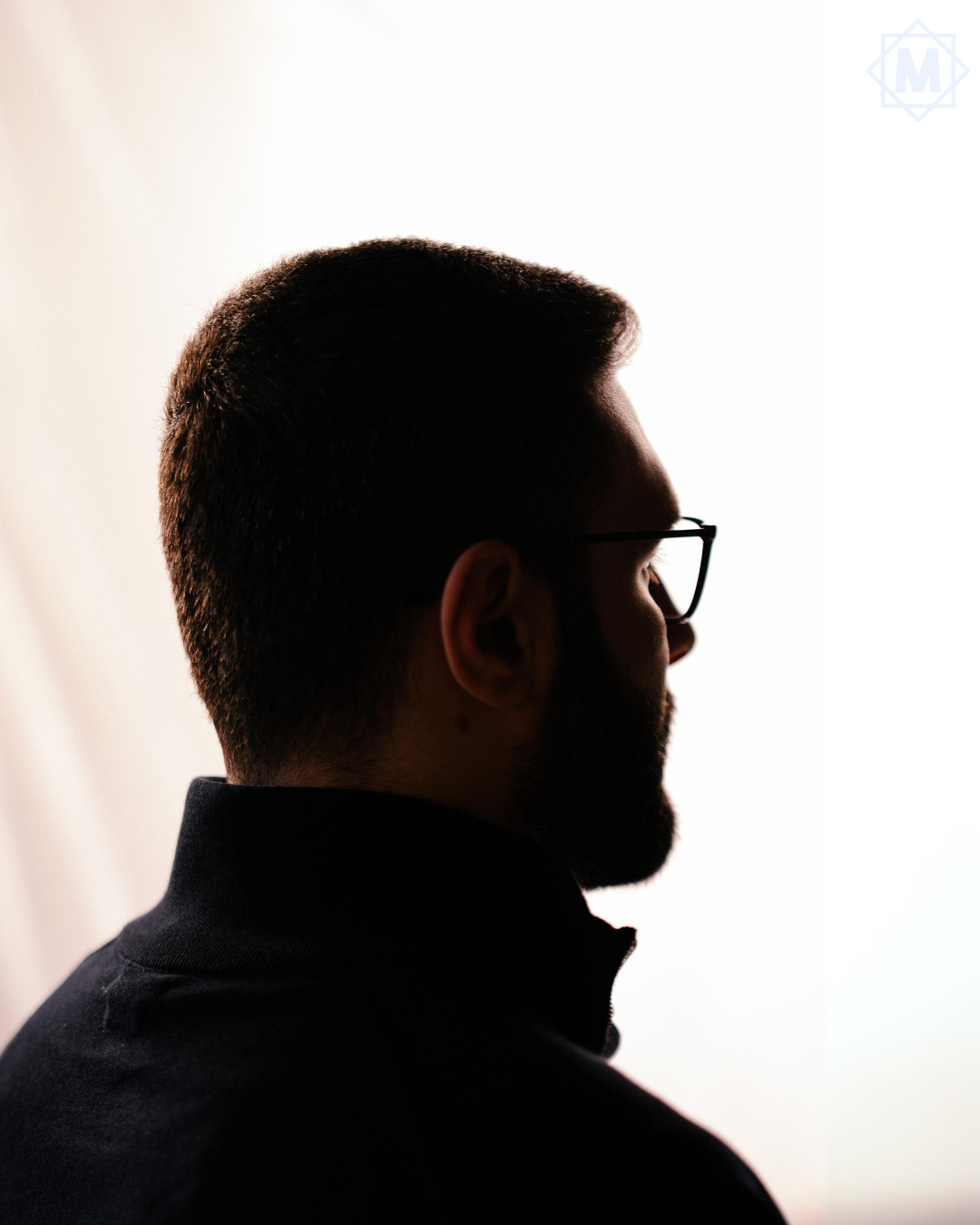
The Israeli occupation restricted journalists from having contact with Palestinians in Gaza and threatened journalists to submit reports for review before publication.
“It’s easy for them to cover from the Israeli side, because Israel is controlling everything on the ground there,” Azaiza said. “The problem is they don't show the real time footage at the same time as that happening. They don't show all the stories of the people. This was our responsibility to show it.”
Though he amassed millions of followers and became the central pivotal force in documenting the genocide of his own people, he doesn’t accept being called a “hero.”
“I just wanted to find my way to be a travel photographer, capture the beauty. And yeah, just find a life. That's it. I'm not a hero. I can't fly.”
I felt choked up meeting Azaiza. We made contact through @Muslim’s Instagram DM’s when Israel initially declared war on Gaza. Reflecting on our messages, I sent him a QR code of an e-sim, as an attempt to provide him network to continue his coverage when the situation escalated.
When he hadn’t uploaded in a day, I would feel anxious and message to make sure he was okay. His updates created a sincere connection with those online, captivating several of us personally.
Now, just 25-years-old, it feels surreal to have him sit in front of Muslim and speak of the trauma his body has kept a score of and endured in the last year.
“My hair is becoming too white here–not like I like it– because I should be young.”
While photography has always been a passion of his, Azaiza wasn’t always a photojournalist. Azaiza shared fond memories picking up the camera at the age of 15 and capturing photos with his friend Mohammed, who he lost at the hands of an Israeli sniper.
“He got killed by an Israeli sniper when he was waiting for a flour truck,” said Azaiza. “We were always taking pictures together, and he was always trying to avoid catching the war. He just wants to capture beauty. But unfortunately, the Israeli sniper was faster to him.”
He also recalled the harrowing time he spent hours retrieving his friend Khalid from under the rubble.
“When I lost like 25 of my family in one day, and just six hours before, I lost two of my close friends, they were twins. In front of my eyes, I spent like hours trying to get them from under the rubble.”
Having faced a lot of loss, Azaiza admitted his journey with grief and faith has been difficult, with his faith often feeling low.
“To be honest, a lot of times I felt that I'm going to lose my faith, but my mom taught me that once it gets harder, you should stick to your faith and your beliefs,” he said. “So everything that happened, I believe it's from God, and it happened for a reason.”
But despite what he endured, Azaiza continued to hold on to his faith and persist.
“When an Israeli tank fired at me and I survived, there was something from inside telling me that God will save me. I spent a lot of days scared, but God was there for me. Alhamdulillah.”
“I'm trying just to be a better Muslim every day, trying my best.”
Photojournalist by trade, make no mistake, Azaiza is a first responder. At times he would be at a scene and jump into help, rather than capture an image. But sometimes, Azaiza would arrive at a scene to discover that it would be someone familiar that was hit by an Israeli airstrike.
The last year took a toll on Azaiza in a way that he couldn't handle, or even understand. “Witnessing the loss of my relatives, family, and friends in front of my own eyes, yeah, definitely this, this will change you. Maybe it's changed me forever, I don't know. But I'm not focusing on myself right now.”
His purpose, he shared, has shifted. “I have a huge responsibility on my shoulders, I'm trying to respect this and be the voice for my people and keep pushing so people can continue taking actions to stop the genocide. It's been a year.”
As he continues to advocate for his people, he shared he is working on bringing back his passion for photography, something he feels he lost while documenting the horrors of the current genocide.
“Until now maybe I touch my camera a little bit,” he said. “I don't feel myself taking pictures anymore. I don't have the passion again.”
“I wish to just have the power to go back again. I'm a genocide survivor, and I’m now telling a story.”
“I don't want the world to forget that we are humans. So we feel weak, we feel strong, we cry, we smile, we laugh, we dance. We are humans.”
A year has passed since the start of Israel’s reign on Gaza on Oct. 7, with estimates of hundreds of thousands killed.
When asked if he believes history is repeating itself given the current conditions around the world with Israel expanding invasions in Lebanon and Syria, while also sending airstrikes to Yemen, Azaiza noted history is “not repeating itself.”
“It's [been] happening for a long time and it's still happening. It didn't stop to repeat itself.”
“Thank you for watching us being killed for almost a year in front of the cameras. And doing nothing,” he added. “I reached billions of people, the truth reached billions of people, and nothing changed.”
Now outside of Gaza, Azaiza is devoting his time to make change for Palestinians. From spending his time in the last year documenting Israel’s genocide, he now hopes to make progress by being an advocate.
You can watch Motaz Azaiza’s full uncut raw interview here.


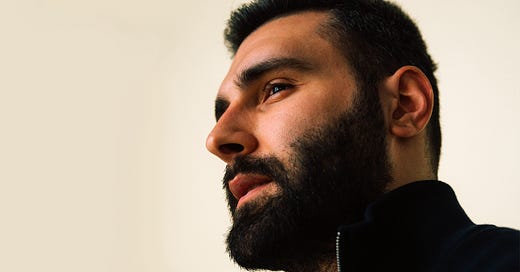



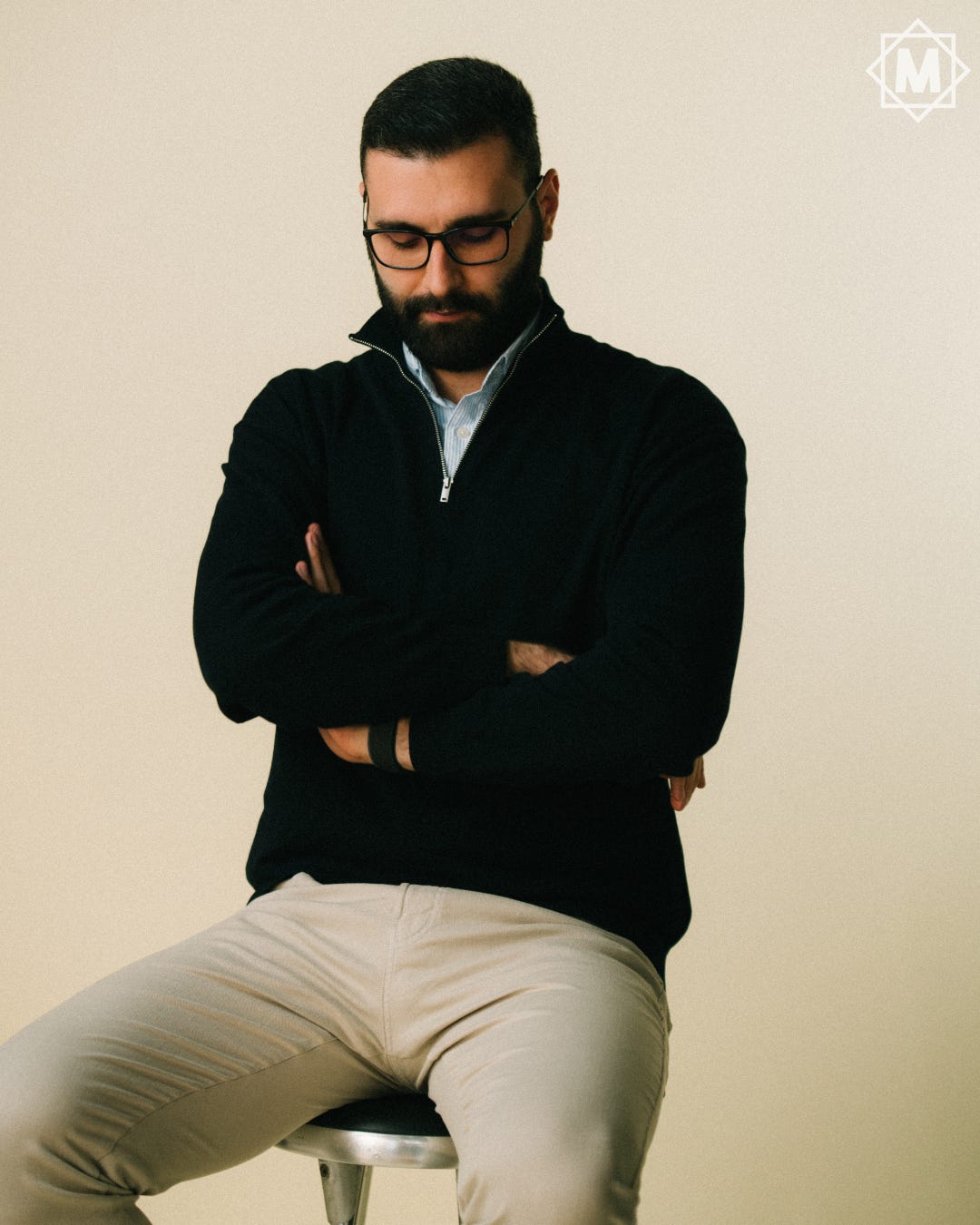
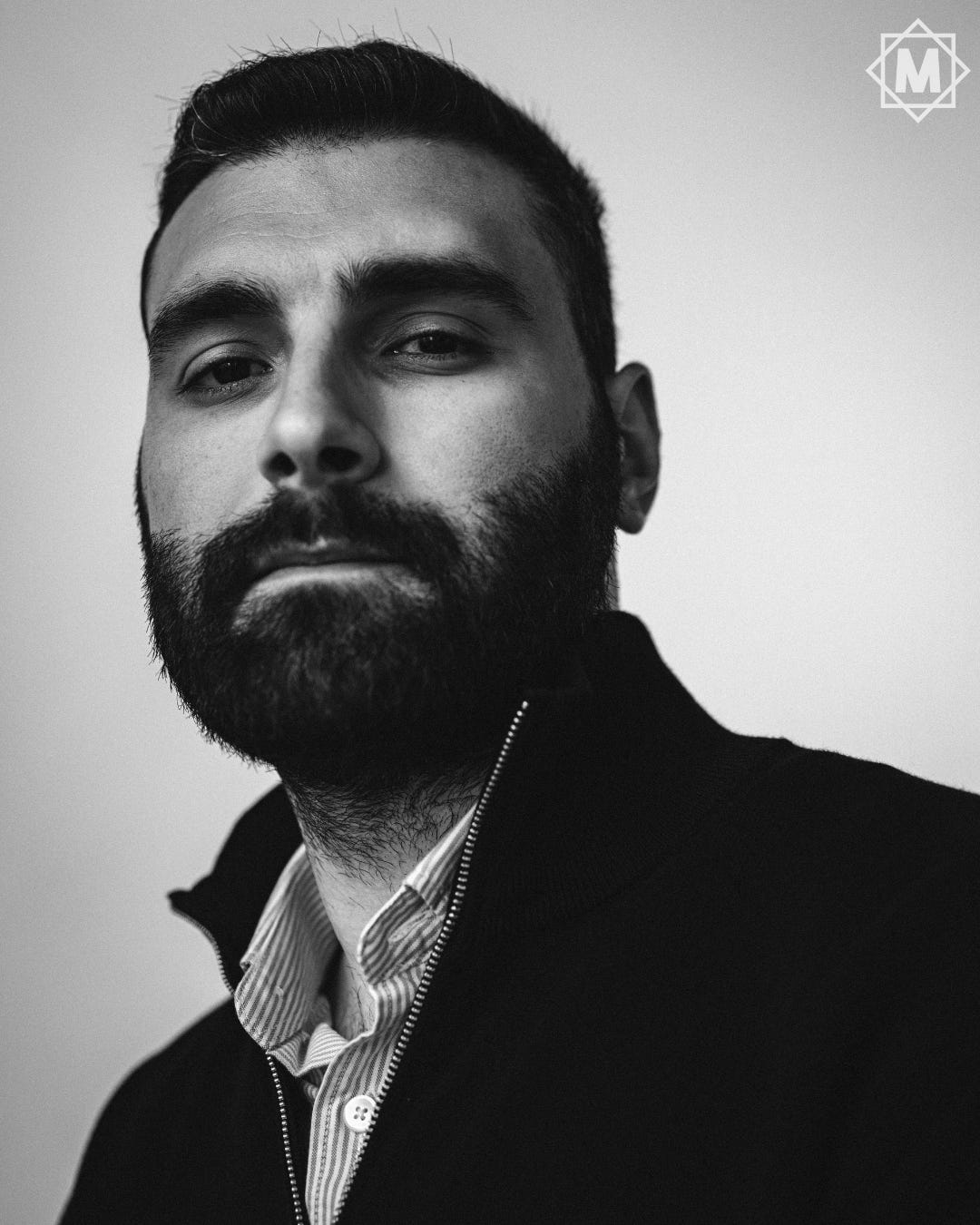
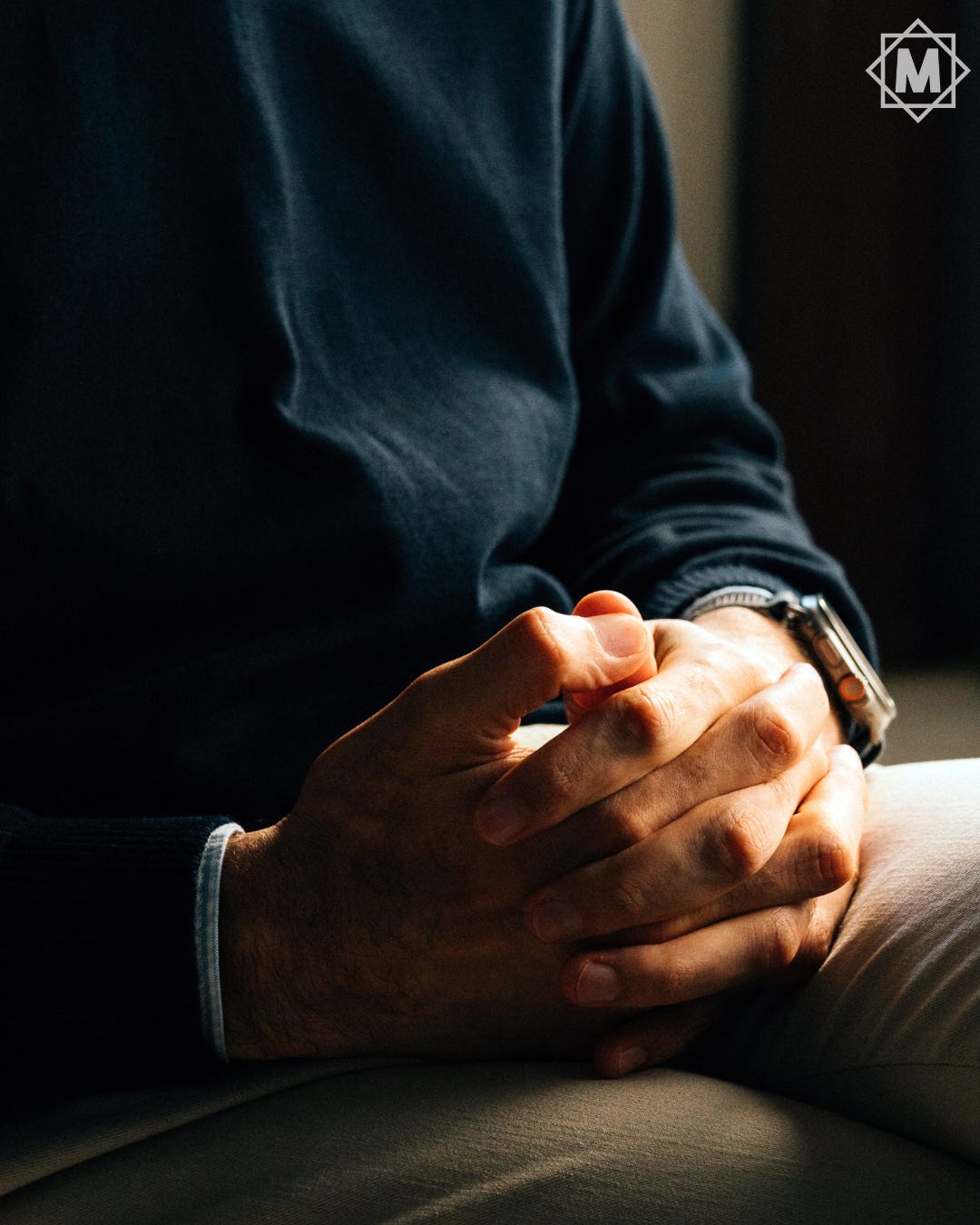
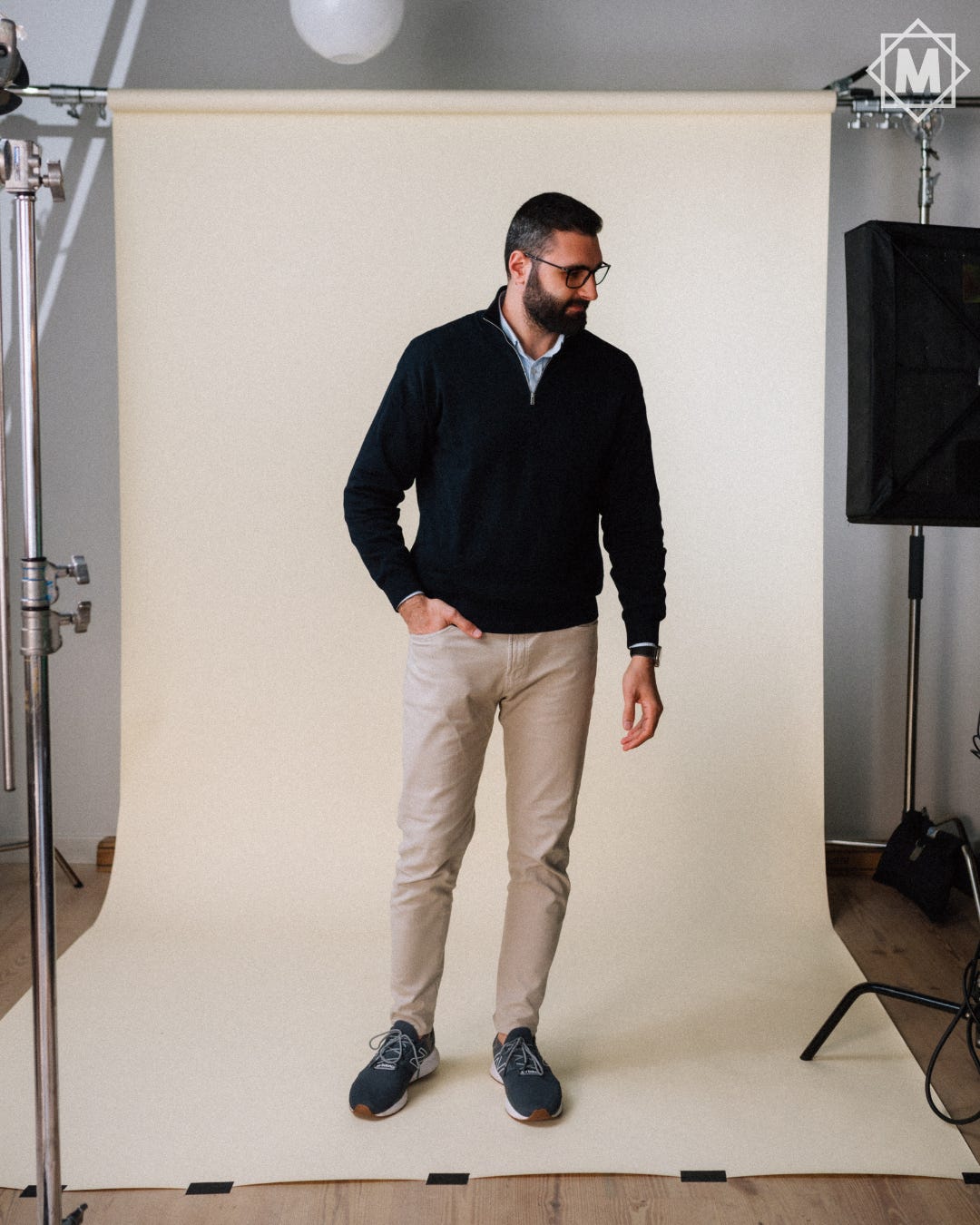
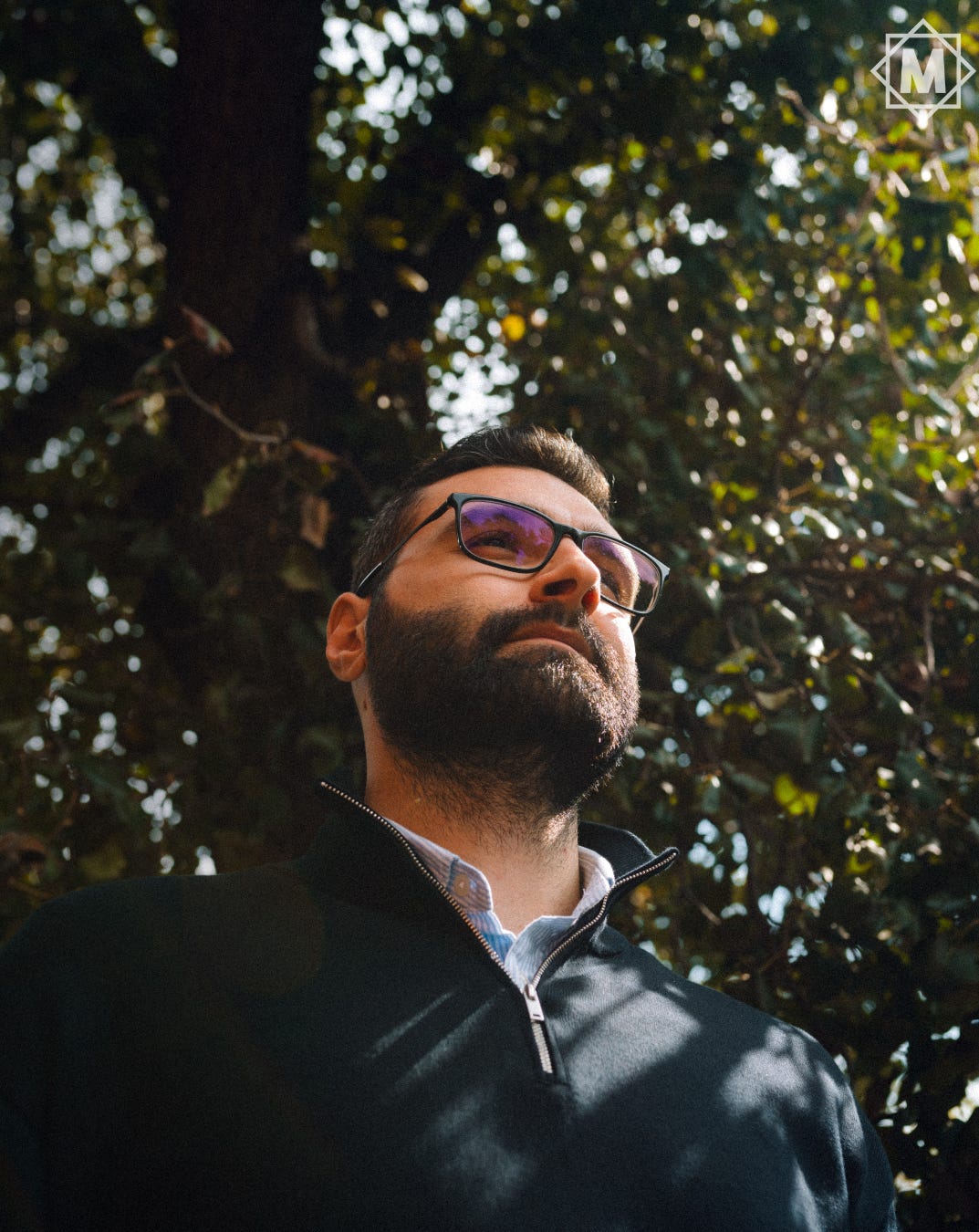
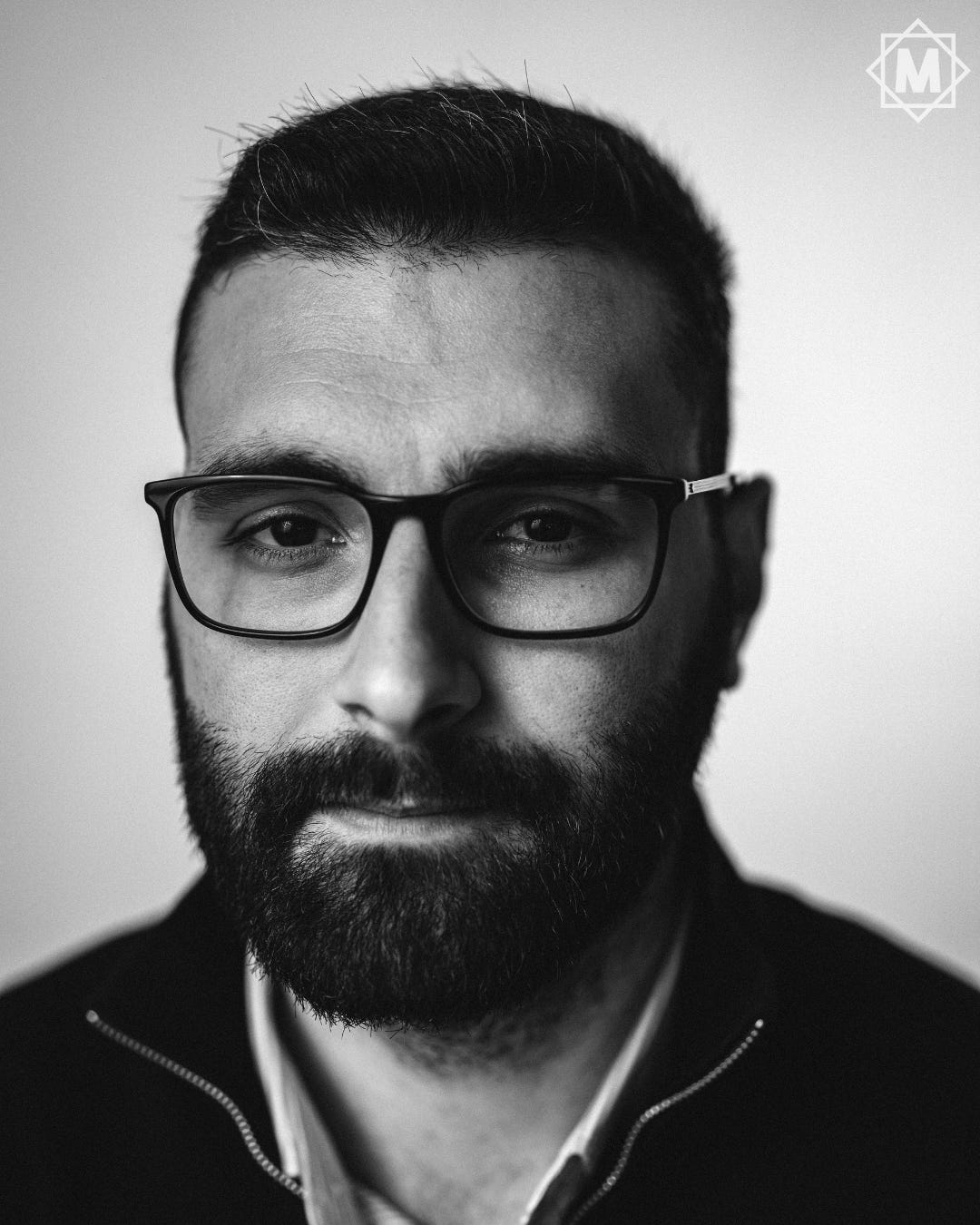
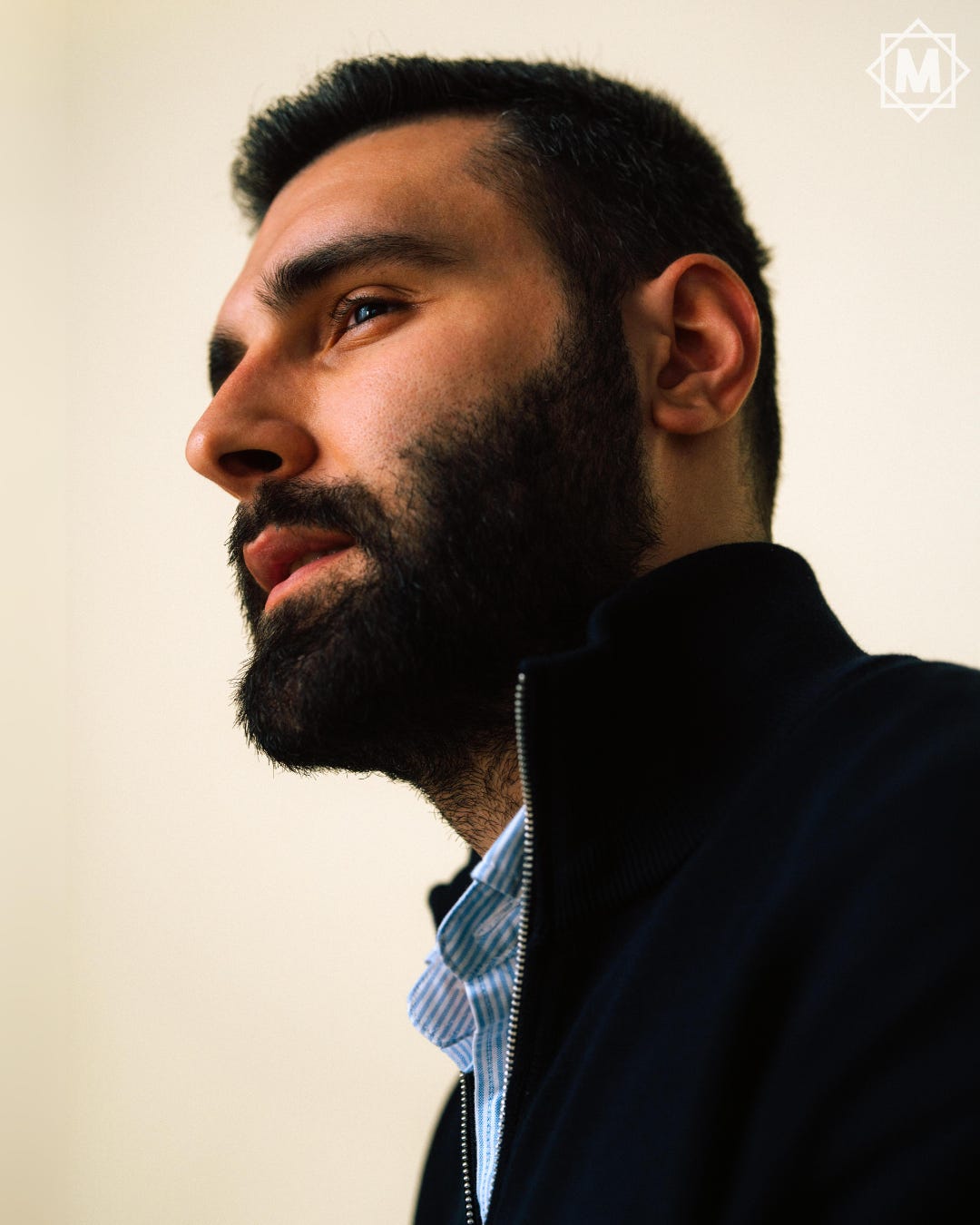
I too am out to make change, but on a much grander scale. I seek to bring North America out of the clutches of war profiteers and to bring an end to Palestine’s eternal cycle of death and misery.